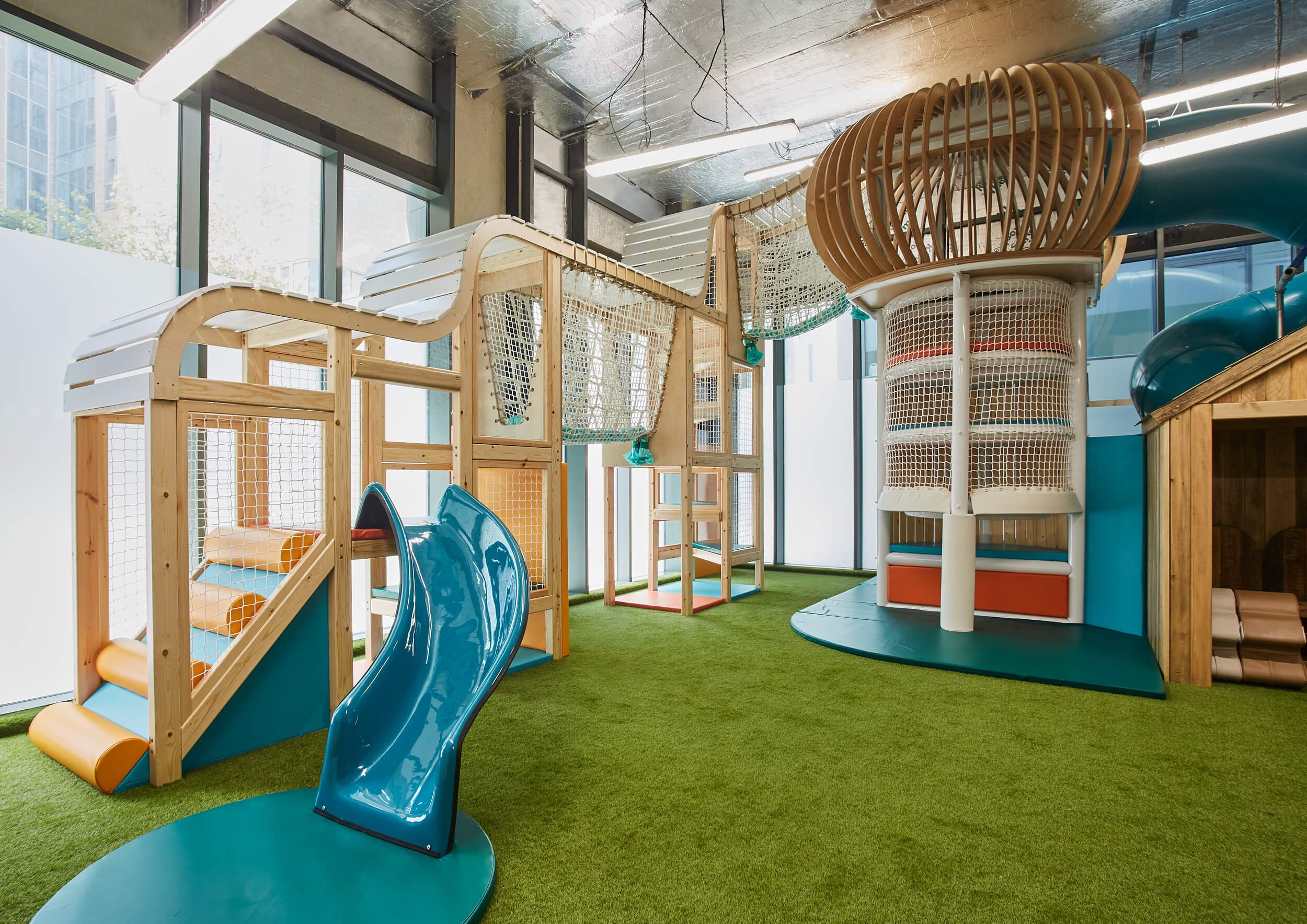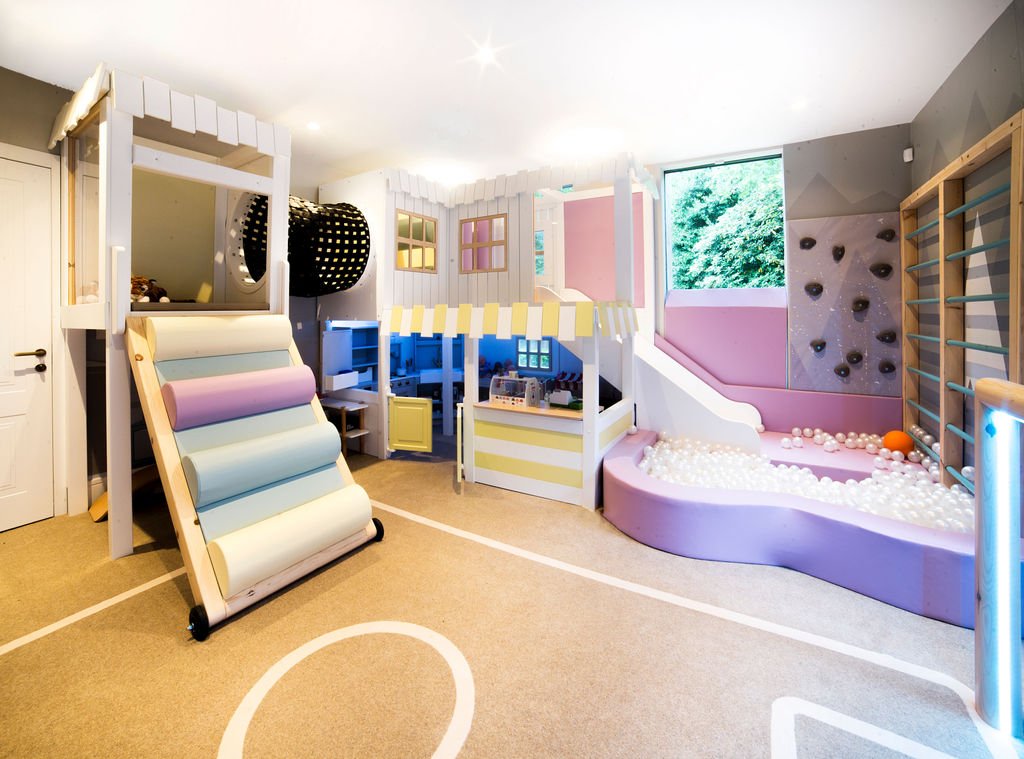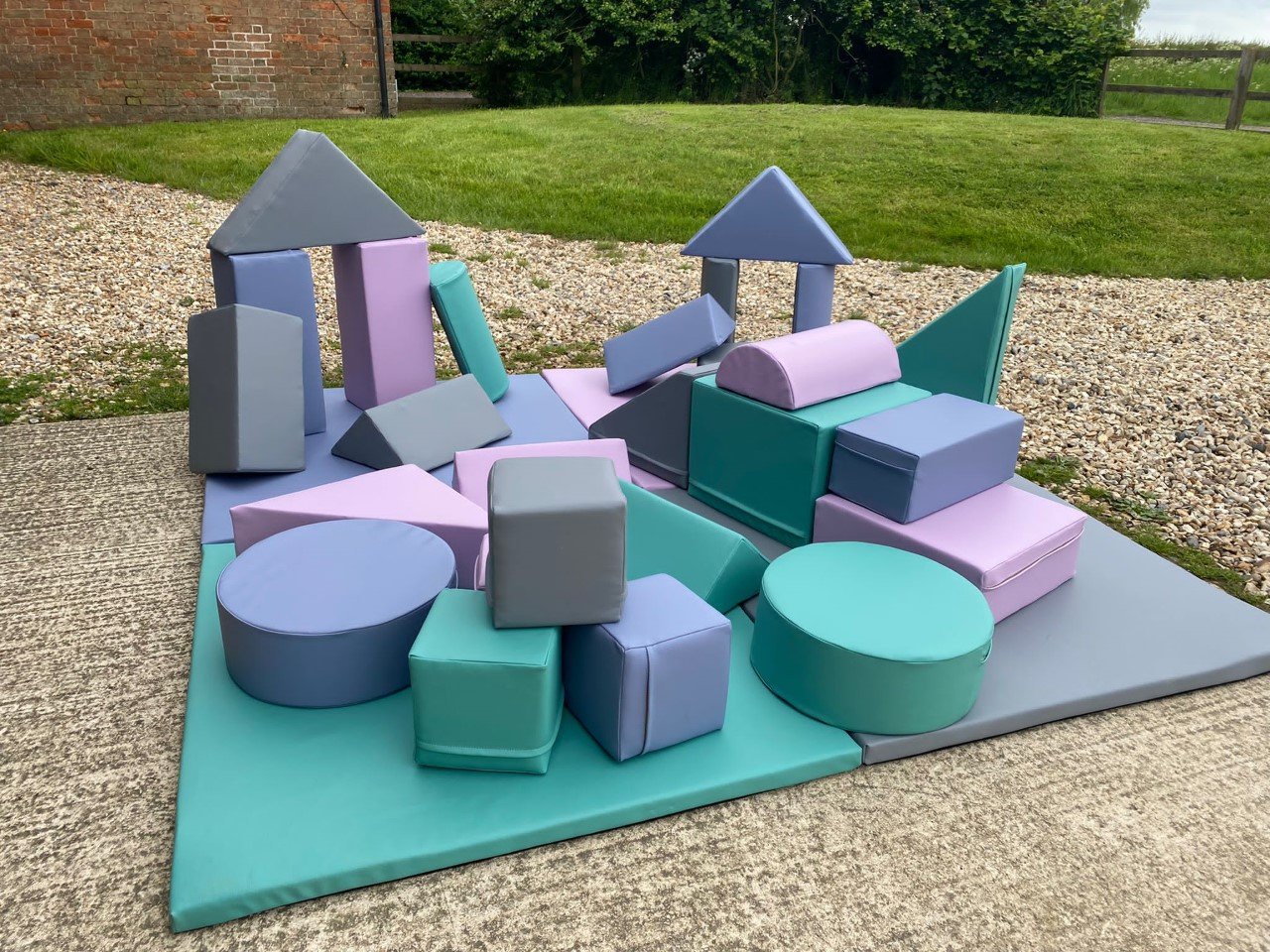Pre-School Play Time Helps Protect Mental Health
Children playing at The Yard, Stamford
A recent Cambridge University study shows preschool children who start playing with others at three or four years old are likely to enjoy better mental health later in life.
The scholars from the study collected and analysed data from 1,700 three to seven-year-olds. The results showed that kids who demonstrated better peer play skills when they were three showed reduced signs of mental health issues when revisited four years later.
Even more revealing, the kids who played earlier in life demonstrated fewer incidents of poor conduct and lower hyperactivity levels. Teachers and parents reported that the group showed significantly greater emotional stability, and the kids were less likely to be involved in fights and arguments.
What cues can play providers, parents and early-years teachers take from the Cambridge study? Simply put, preschool play time helps to protect a child's mental health.
Abacus Ark Nursery, London
Fostering Play at Nursery and School
When designing a play area for a nursery or school, we want to create a space that staff can bring explosive moments of play into and somewhere they’re able to mix it up from day to day. The following ideas may help to spark a new class favourite…
Indoor Playground Games
We know that play isn't reserved for break time. With an indoor playground, the little ones can get stuck in whatever the weather. Our aim when designing a play structure, whatever the size, is to create as many routes in and around it as possible, allowing floor space around the play structure. Here you could opt for old-school games like What’s the Time Mr Wolf and Hide and Seek to help children to release their wiggles and interact with one another. Simple playground games teach students how to plan their next move, take turns, and control impulsive emotions.
Use Multimedia to Inspire Play
Interactive floor projector at The Bryanston, London
Another way to inspire play is digital multimedia options. Interactive floor projectors or interactive climbing walls are great ways to fire up interaction and participation among the children. Such resources also allow you to get right in the thick of things! This way, you don't just facilitate the game- you play with them too. These types of play equipment can be tailored to suit children with limited mobility, so can work well in SEN schools and nurseries.
Encouraging Free Play at Home
This playroom offers many play options, featuring a mini football pitch, a shop and a climbing area.
Allowing space for free play applies to playrooms at home, too. We think of our play space as a stage set for free play, which is why we often steer away from strong themes. A play house might be a castle today, a rocket ship tomorrow, and who knows what next! Free play has immense benefits for developing minds and encourages creativity and imagination.
Praise Children's Imagination
Whether a parent, caregiver or early-years educator, we should always encourage more free play. Tell your child they are doing well playing, as kids enjoy receiving praise from their loved ones. Try praise such as:
"Wow! I'm impressed; your tower is so tall!"
"Did you create a new game with your sister? You are so smart!"
Resist the urge to say things like:
"Sheets are for beds, not superhero capes."
"I thought I said monsters are not real."
This kind of exploration is key to their development. Whatever play your child is participating in, more than likely, it is perfect for them.
Encourage the Use of Open-Ended Toys
A set of soft play blocks ready to leave our workshop
Dr Ginsburg, a renowned child education expert, advises parents:
"Let your kid use the simplest toys; these inspire the highest creativity. Many play things that can be used in multiple ways… are great for firing up the imagination. These include dolls, blocks and balls. They're better than board games or colouring games, for example; since the latter have specific rules to follow, they stifle the imagination."
A great example of a piece of an open-ended piece of play equipment is a set of soft play blocks (pictured) and crawl through tubes (pictured below). The larger scale of this play equipment, compared to traditional toys, amplifies the play experience and engages the play schemas. These kinds of open-ended or multi-functional toys do not have a wrong or right way to play, and the possibilities are endless.
The crawl through tube seen in the foreground here at Whitekirk Hill
Final Thoughts
Encouraging free play is important whether in the home or an educational setting. Our specialist playroom designs allow for creative free play; steering away from restrictive themes to add longevity to the play equipment itself, as well as creating an environment that puts no limit on their imagination. We need to do all we can to protect children’s mental health, even in those early years, and that starts with protecting their playtime.
For advice on creating a play space that nurtures and enhances play in those early years, contact our friendly team of experts today.






